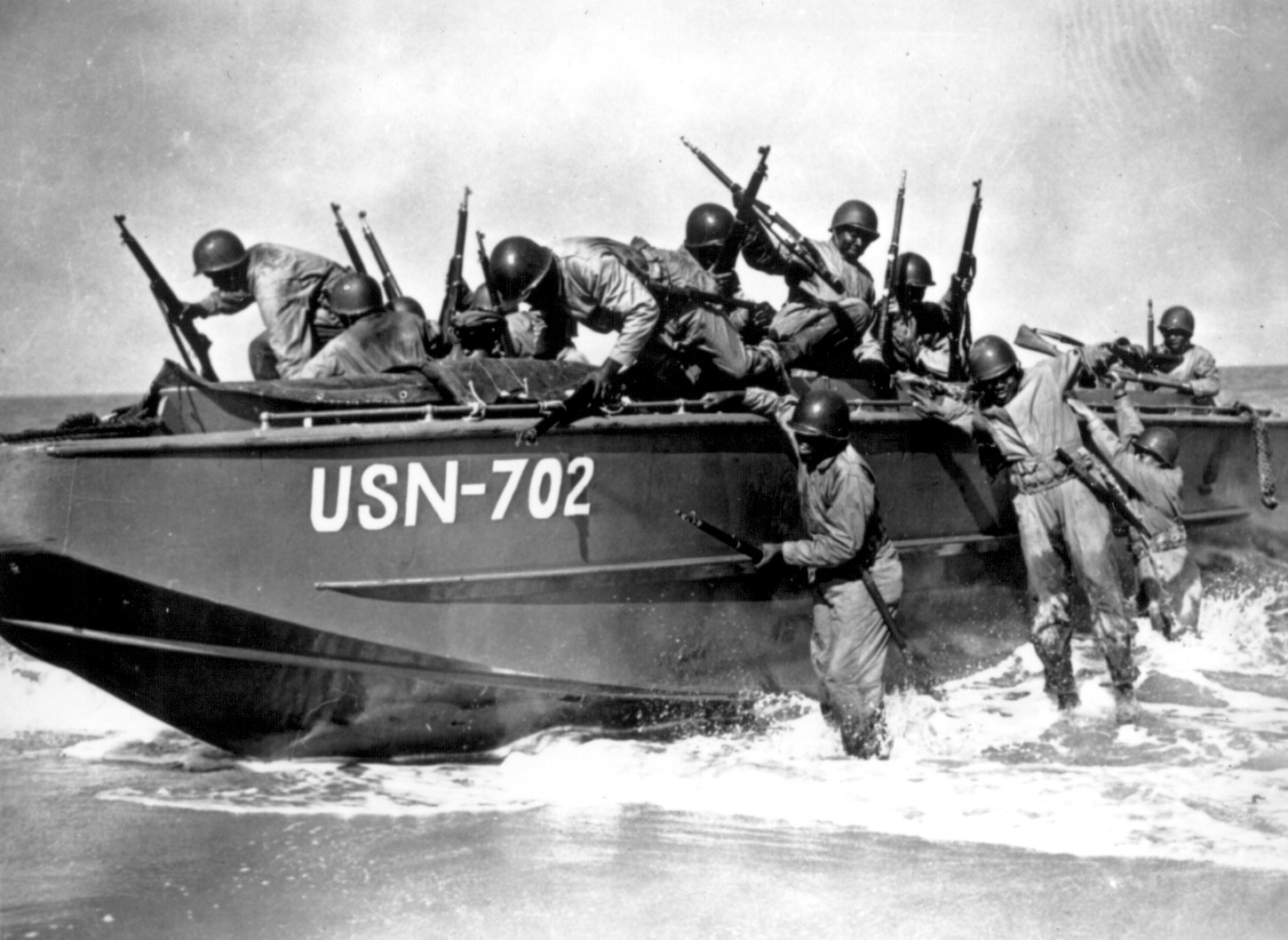
While the short-term changes brought women back to the private space and domesticity, some of the conclusions of the long-term changes in women’s lives dealt with variations in the workspace, salary, and military benefits. This descriptive paper tried to answer the following two questions of inquiry: How did women’s employment during WWII become a temporary empowerment and what short and long-term changes in women’s lives were brought about by the war campaign of Rosie the Riveter. Although women at the time were mostly occupying the private space, the war campaign of Rosie the Riveter inspired many of them to take their work to the public. The war posters and magazine ads of the time reinforced the duty women had toward the war effort.

Getting women to work in industries was a tremendous sales proposition as stated by Paul McNutt, the director of the War Manpower Commission in 1943.



 0 kommentar(er)
0 kommentar(er)
